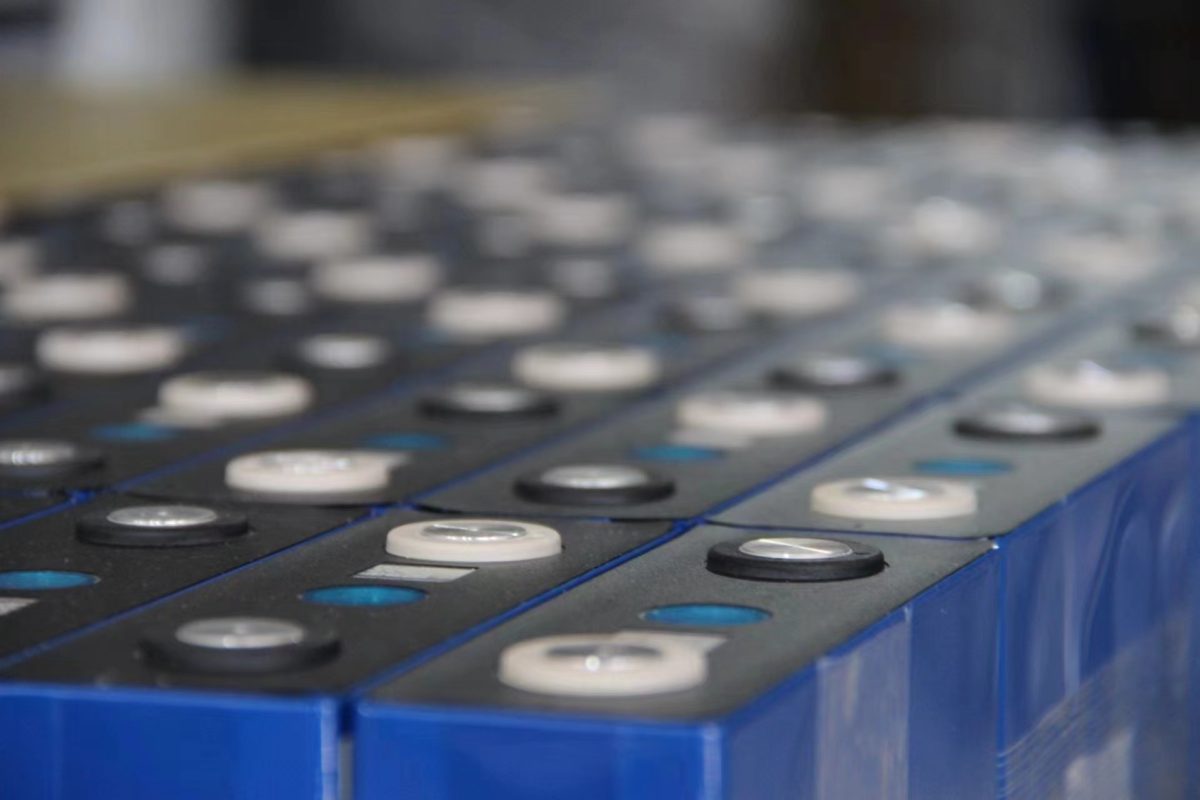Uncategorized
What is Lithium Battery Technology?
Lithium batteries provide a long-term energy solution in addition to its technological benefits. Lithium batteries are vital for storing extra energy and maintaining grid stability as the world moves toward renewable energy sources. Numerous gadgets, such as laptops, electric cars, and grid storage solutions, rely on lithium battery technology.
The principle behind how lithium batteries function and produce energy is the flow of lithium ions from the anode to the cathode during discharge. Lithium ions migrate back to the anode during the charging process, which is a reverse reaction. Thousands of cycles like this one can be completed throughout the battery’s life.
Top Reasons to Choose Lithium Battery Technology
Due to its variety of outstanding advantages, lithium battery technology is now the top choice for different kinds of applications.
Enhanced Energy Productivity: When compared with typical battery technologies such as lead-acid, lithium batteries have a greater percentage of energy per unit weight.
High Duration: The long cycle life of lithium batteries allows for multiple charges and discharges before they need to be replaced.
Minimalist Design: Lithium batteries are perfect for portable gadgets and electric cars since they weigh less than typical batteries.
Quick Charging: Some lithium battery chemistries can charge quickly, which drastically cuts down on charging times.
Environmental Benefits: Lithium batteries are generally considered more environmentally healthy than conventional lead-acid batteries, according to current lithium battery technology. They are more easily recycled and don’t contain any dangerous heavy metals.
Practical Uses of Lithium-Ion Batteries Across Industries
Here are some important sectors where lithium batteries are having a big influence because lithium battery technology has transformed them.
1.Provide power to the portable electronics that are now a need in our everyday existence.
2.Add extended battery life and quicker charging times to laptops by replacing the conventional nickel-cadmium and nickel-metal hydride batteries.
3.Design to store surplus solar energy produced throughout the day and utilize it at hours of high demand, these systems are installed in homes and businesses.
4.Use as a trusted and long-lasting power source in implanted medical devices including pacemakers and defibrillators.
5.Serves a variety of portable medical equipment like hearing aids, glucose meters, and defibrillators.
6.Supply the energy required for robots to function independently, allowing them to carry out jobs in a variety of sectors, such as health services, logistics, and production.

